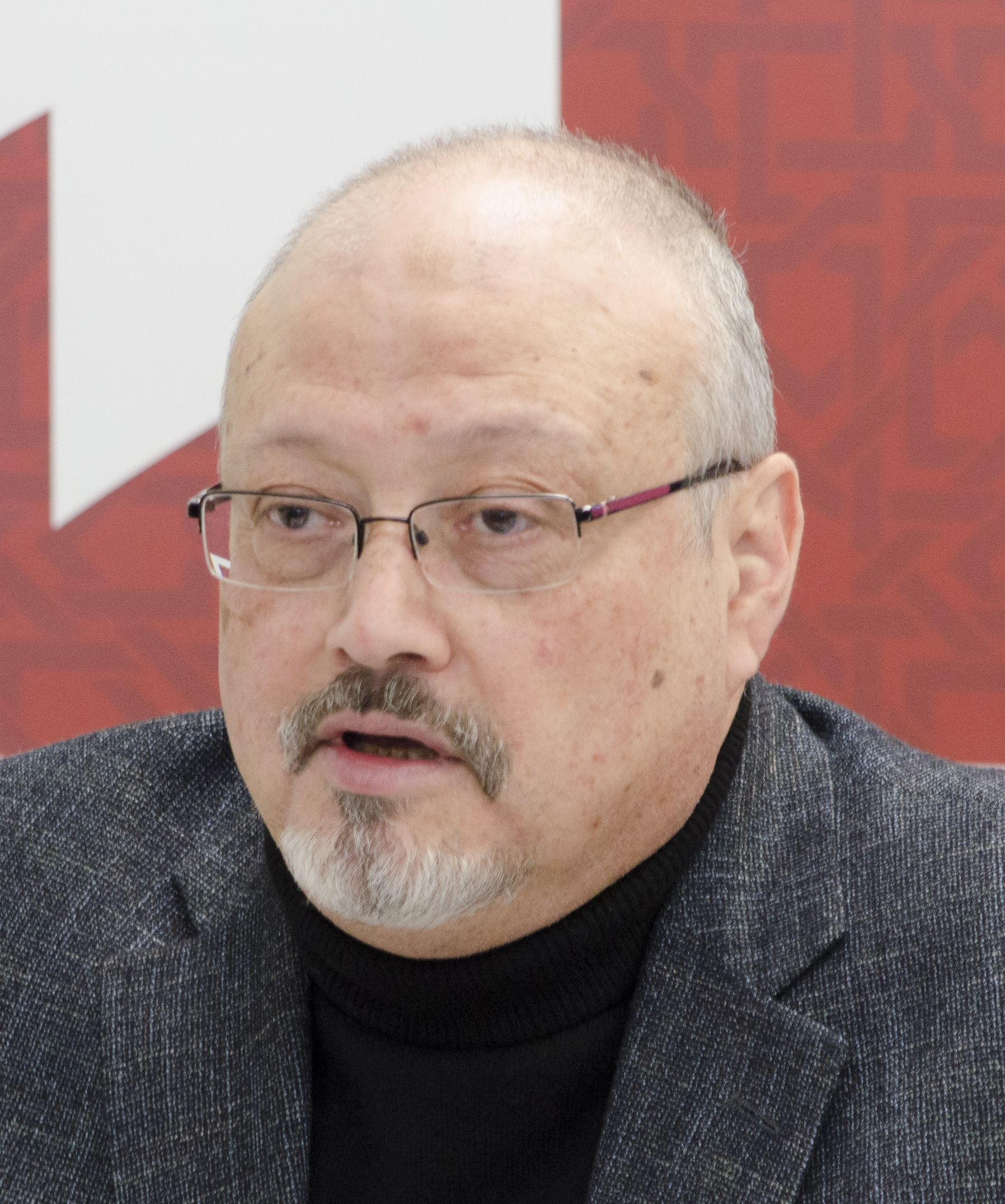Jamal Khashoggi and the Middle East’s Game of Thrones
Jamal Khashoggi may have signed his own death warrant on August 28, 2018 when he wrote an editorial for the Washington Post entitled, “The U.S. is wrong about the Muslim Brotherhood--and the Arab world is suffering for it.”
Khashoggi wrote that “there can be no political reform and democracy in any Arab country without accepting that political Islam is a part of it” and that “the only way to prevent political Islam from playing a role in Arab politics is to abolish democracy.” Khashoggi’s sympathies were liberal and secular, but he argued that Muslim countries with free and fair elections must allow voters to vote for Islamist candidates. Islamists today participate in parliaments of Kuwait, Jordan, Tunisia, and Morocco. To ban Islamists is to “deprives citizens of their basic right to choose their political representatives.”
In his opinion column, Khashoggi criticized the American government for refusing to support Egypt’s “first ever free election” that resulted in Mohamed Morsi’s electoral victory in 2012. Instead, the United States, along with Saudi Arabia, supported General Abdel Fattah al-Sisi’s coup against the democratically elected government. Khashoggi wrote that “if the democratic process had continued in Egypt, the Muslim Brotherhood’s political practices would have matured and become more inclusive,” and “the unimaginable peaceful rotation of power could have become a reality and a precedent to be followed.”
Crown Prince Mohammed bin Salman (nicknamed “MbS”) would have interpreted Khashoggi’s editorial as an act of treason. The Saudi royal family once supported and funded the Muslim Brotherhood, viewing it as a bulwark against Communism. However, since the Arab Spring uprisings of 2011, Saudi princes have seen the Brotherhood as a mortal threat to their kingdom. In 2012, it looked as if the Brotherhood might win control over vast swaths of the Middle East. The Saudis responded by spending billions of dollars to help General al-Sisi depose President Morsi.
Hasan al-Banna founded The Muslim Brotherhood in 1928 as an anti-Western and anti-colonial organization. Banna sought to refashion Islam into a program of political and economic domination that would resurrect a caliphate and govern by shari‘a law. Today, the Brotherhood takes on wildly different characteristics in different countries. In Gaza, Hamas functions as a terrorist organization, while in Tunisia, the Ennahda Movement is committed to pluralism, democracy, and a secular Tunisian state. “To the extent that Jamal Khashoggi identified with the Brotherhood, it was the Tunisian model that he espoused,” writes Christopher Dickey, Daily Beast editor and friend of Jamal Khashoggi.
Saudi Arabia is the world’s largest exporter of oil, but as much as fifty percent of Saudi Arabia’s wealth is concentrated in the hands of Saudi princes, who are among the world’s richest men. Lawrence Wright, author of The Looming Tower, estimates that the average Saudi has an income level comparable to that of the average Mexican. The Saudi princes are terrified of populism and press freedom because it could easily upset the delicate social order that they have constructed and ruthlessly enforce.
Whereas the Saudis see the Brotherhood as their mortal enemy, Turkey’s President, Recep Tayyip Erdoğan, has a friendly attitude toward Islamist populism. Conservative Muslim voters brought Erdoğan to power in 2003, and during the Arab Spring, Erdoğan backed Mohamed Morsi in Egypt, who he saw as a harbinger of the region’s future. Erdoğan hoped that popular demonstrations and democratic processes would topple the old Arab order, helping him to extend Ottoman supremacy into the Arab world. Unfortunately, civil liberties and press freedoms do not usually accompany Islamist populism. Erdoğan jails journalists and presides over Soviet-style show trials. Turkey now ranks 157th out of 180 in the Reporters Without Borders’ press freedom index. Saudi Arabia ranks 169th.
The gruesome murder and alleged dismemberment of Khashoggi places the United States in an untenable position. Saudi Arabia has become America’s closest ally in the Persian Gulf in part because its octogenarian rulers have been predictable and risk averse. Before the death of King Abdullah in 2015, it was inconceivable that the Saudi Arabia would blow up the Gulf Cooperation Council by severing ties with Qatar or getting embroiled in an interminable war in Yemen.
In just two years since his accession to power, Crown Prince Mohammed bin Salman has changed the Saudi government’s approach to the region from circumspect and cautious to thuggish and rash. MbS has initiated calamitous military operations in Yemen, helping to create one of the world’s greatest humanitarian disasters. Salman’s government has blockaded Qatar, kidnapped the prime minister of Lebanon, and now murdered and possibly dismembered a Washington Post journalist inside the Saudi embassy in Istanbul.
The price of the Trump family’s aiding and abetting the Saudi crown prince has grown far too costly. America’s first order of business in the wake of Khashoggi's murder must be to clip the wings of the crown prince. President Trump could take a step in this direction by signalling to the House of Saud that MbS has become toxic and must be immediately replaced.



